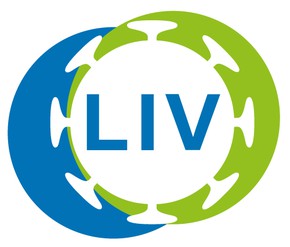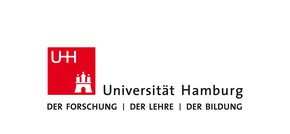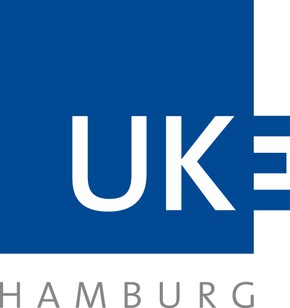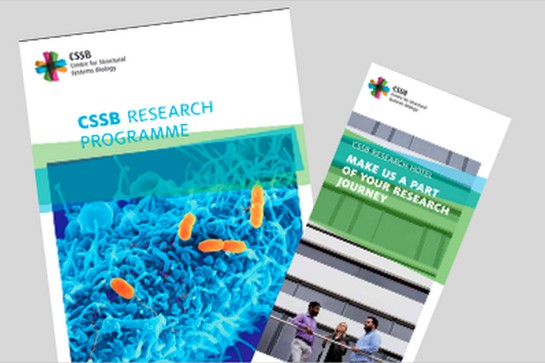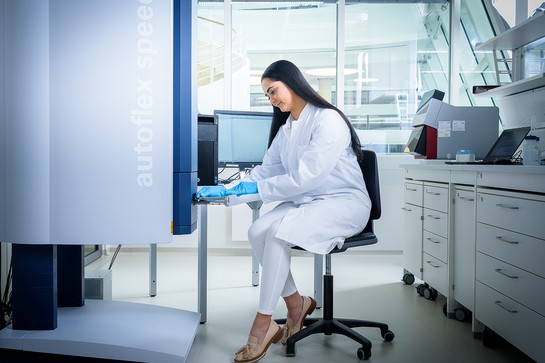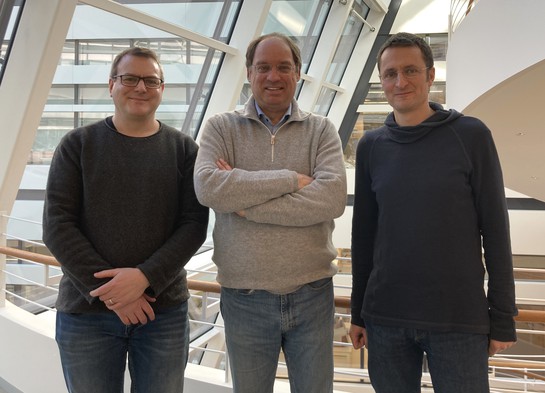The interdisciplinary cooperation of CSSB’s nine partners has turned an inspirational idea into a reality. The combined strengths and expertise of these partners will enable CSSB scientists to generate revolutionary insights into the mechanisms of infection processes and will pave the way to more effective treatment options.

CSSB Scientific Director
Bernhard Nocht Institute for Tropical Medicine (BNITM)
The Bernhard Nocht Institute for Tropical Medicine (BNITM) is Germany’s largest institution for research, services and training in the field of tropical diseases and emerging infections. The scientific focus is on malaria, haemorrhagic fever viruses, immunology, epidemiology, clinical research of tropical infections and mechanism of transmission of viruses by mosquitoes. To study highly pathogenic viruses and infected insects, the institute is equipped with laboratories of the highest biosafety levels (BSL4) and a BSL3 insectary. http://www.bnitm.de
Deutsches Elektronen-Synchrotron (DESY)
DESY is one of the world’s leading particle accelerator centres. Researchers use the large‐scale facilities at DESY to explore the microcosm in all its variety – ranging from the interaction of tiny elementary particles to the behaviour of innovative nanomaterials and the vital processes that take place between biomolecules to the great mysteries of the universe. The accelerators and detectors that DESY develops and builds at its locations in Hamburg and Zeuthen are unique research tools. DESY is a member of the Helmholtz Association, and receives its funding from the German Federal Ministry of Education and Research (BMBF) (90 per cent) and the German federal states of Hamburg and Brandenburg (10 per cent). http://www.desy.de
European Molecular Biology Laboratory (EMBL)
EMBL is Europe’s leading laboratory for the life sciences. Established in 1974 as an intergovernmental organisation, EMBL is supported by over 20 member states. EMBL performs fundamental research in molecular biology, studying the story of life. The institute offers services to the scientific community, trains the next generation of scientists, and strives to integrate the life sciences across Europe. EMBL is international, innovative, and interdisciplinary. Its more than 1700 staff, from over 80 countries, operate across six sites in Barcelona, Grenoble, Hamburg, Heidelberg, Hinxton, and Rome. http://www.embl.de
Research Center Borstel (FZB)
The Borstel Research Center is the Lung Research Center of the Leibniz Association. It investigates diseases associated with civilization such as asthma and COPD as well as lung infections, especially tuberculosis (TB). The overriding goal of the basically interdisciplinary and translational research activities is to elucidate the causes and mechanisms of infectious and non-infectious chronic inflammatory diseases of the lung in order to derive new innovative concepts for their prevention, diagnosis and therapy.
Leibniz Institute of Virology (LIV)
The Leibniz Institute of Virology (LIV) investigates the biology of human pathogenic viruses with the aim of unraveling the molecular mechanisms that control viral life cycles and virus induced pathogenesis. The institute applies basic experimental research to develop new approaches for contemporary treatments of viral infections such as AIDS, influenza and hepatitis but also of emerging viral diseases. LIV was established in 1948 by the philanthropist Philipp F. Reemtsma and the neurologist Heinrich Pette. https://www.leibniz-liv.de
Helmholtz Centre for Infection Research (HZI)
Scientists at the Helmholtz Centre for Infection Research (HZI) in Braunschweig and its other sites in Germany are engaged in the study of bacterial and viral infections and the body’s defence mechanisms. They have a profound expertise in natural compound research and its exploitation as a valuable source for novel anti-infectives. As member of the Helmholtz Association and the German Center for Infection Research (DZIF) the HZI performs translational research laying the ground for the development of new treatments and vaccines against infectious diseases. www.helmholtz-hzi.de/en
Hannover Medical School (MHH)
Over the last 50 years MHH (Hannover Medical School) has become one of Germany‘s leading universities in regard to research, patient care, and teaching. Operating as the only independent, state-supported Medical School in Germany and equipped with its own section for basic sciences, the efficient translation of basic science results to the clinic has been woven into the fabric of MHH since its founding. As a result, researchers working at MHH have an outstanding record in attracting external funding. http://www.mh-hannover.de
Universität Hamburg (UHH)
Universität Hamburg is the largest institution for research and education in Northern Germany. We offer approximately 170 degree programs within eight faculties as well as excellent research opportunities. As part of the Excellence Strategy of the Federal and State Governments, Universität Hamburg has been granted clusters of excellence for four core research areas: “Climate, Climatic Change, and Society”, “CUI: Advanced Imaging of Matter”, “Quantum Universe” and “Understanding Written Artefacts”. Universität Hamburg is also home to several museums and collections, such as the Zoological Museum, the Herbarium Hamburgense, the Geological-Paleontological Museum, the Loki Schmidt Garden and the Hamburg Observatory. http://www.uni-hamburg.de
University Medical Center Hamburg-Eppendorf (UKE)
We are one of Europe´s most modern clinics. Here specialists from all fields of medicine are brought together under one roof. State-of-the-art medical technology, innovative information technology, and architecture created with the provision of medical care at the forefront, all with the aim of optimally supporting doctors, nursing staff, and therapists. The ideal conditions for the interlinkage between modern medicine, research, and teaching are found at the UKE. More than 11,000 employees work around the clock with the singular aim of providing the best medical care to our patients. http://www.uke.de


